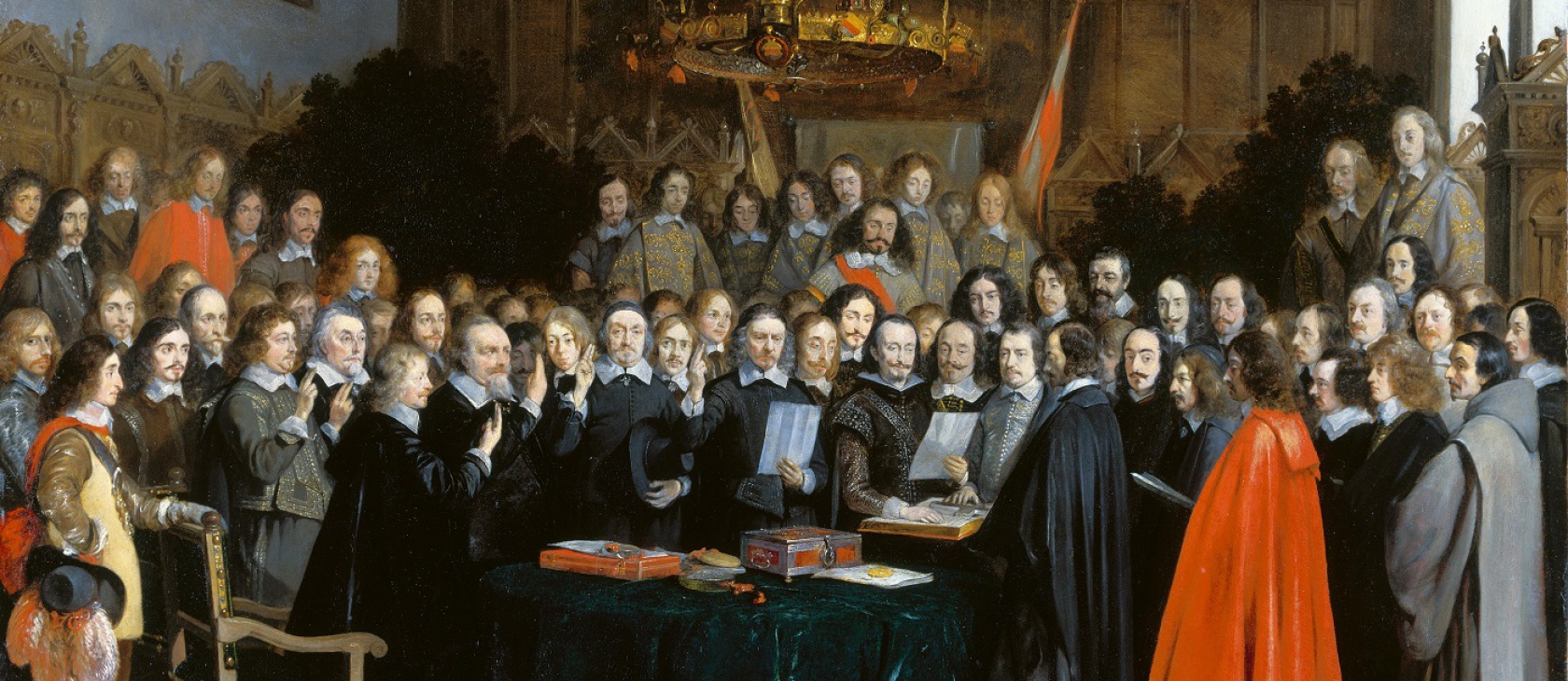Reports of the death of the nation state are greatly exaggerated. Between 1945 and 1980, the number of UN member states tripled from 51 to 154. With the accession of South Sudan in 2011, there are now 193 UN states, plus near-state Observers like the ex-state of the Vatican, the never-state of the International Olympic Committee and the nearly-state of Palestine. Many of the newer states were born by parthenogenesis from older ones. More new states are sure to be created by secession and civil war. A Kurdish state, or even two, might be next.
If quantity means anything, the nation state is doing fine. Its doubters, though, argue from quality. The European-style nation state has not thrived in the Middle East and Africa. Several factors have caused this, and most of them are obvious. The Europeans drew illogical borders which cut across tribal and religious lines. They left in a hurry, bequeathing an administrative afterthought of puppet kings and weak constitutions.
The inheritors of decolonisation abused their inheritance. Where there was no nation, the state became a weapon in the hands of one tribe or sect. Does this mean the state is an inherently bad idea? Or did these states fail because they were badly designed and poorly run?
In the latter case, then what we need is more and better states, not fewer. We need states which, instead of aiming for a balance of power or fear between multiple parties – as in Lebanon or Iraq – contain a strong ethnic and religious majority, as in Israel and the Kurdish near-state in Iraq. One group cannot achieve historical self-determination if other, equally numerous parties are also trying to determine themselves in the same geographical space. This, after all, was the conclusion that the Europeans, after much bloodshed, reached in 1648, with the Treaty of Westphalia.
The failings of the West are on our minds at present, and even the prospect of a failing of the West. Is the nation state as we know it as time-bound an artefact as a Renaissance portrait? Globally, the rights-based, rule-of-law liberal state is on the back foot. One reason for this is that the non-liberal nation state is doing so well. While the democratic capitalist states are having a crisis of economy and identity, the authoritarian capitalists who lead China, Iran, Turkey and the Russian Federation are redefining the nation state for our century. Again, the nation state is doing fine in the early 21st century; the problem, for us at least, is our disapproval of their kind of nation state.
The authoritarian capitalist states, like the democratic capitalist states of the West before them, are thriving because the state has harnessed democracy and capitalism. We, meanwhile, are nervous about our future because democracy and capitalism, having fallen out of harness in the 1990s, are pulling in opposite directions. Capital looks outwards, and democracy inwards. Capital is global, democracy local. Capital wants to transfer skills and goods to where they are most valuable, and production and taxation to where they are least expensive. Democracy wants communal and economic stability, and it pays taxes to get them. No wonder the rising powers of Asia have preferred to emphasise capital over democracy. The state is steadier that way, at least for now.
The liberal democratic state is unsteady because its leaders have not held up their end of the bargain. They have imposed high taxation within their borders, but opened their economies to market forces and multinational corporations. While ordinary workers have lost their communal and economic stability, the state has protected its permanent managerial class of unelected bureaucrats.
At the moment, the liberal state’s true partner is not the electorate, but big business and unelected bureaucrats. This is not a sustainable situation in a democracy. The rise of populism in Europe and the United States confirms as much. Until our leaders get the message, we will be in for more of the same – more populism, more exploitation of our unsteadiness by the rising powers of Asia, and more premature obituaries for the state.
Then again, if the liberal state is not the End of History, and if we don’t want to live under authoritarian capitalism, what are our choices? The historical alternative to the nation state is the empire. Most modern states were born from empires – so many, in fact, that the age of empires was declared over as nation states multiplied after 1945.
Yet empire has not disappeared. It has changed its name. India, and perhaps the United States of America too, might be empires under the protective coloration of federated nation states. The European Union, should it develop further in its current form, would become one. Turkey, should it digress further from its modern form, would become one, too. And did the 20th-century rulers of Russia and China ever stop thinking imperially?
The authoritarian capitalists offer the traditional exchange of empires: liberty for security. They declare spheres of interest, some of it more historic than actual, and assert the interests of their dispersed ethnic and religious kin. Erdogan’s Turkey admitted as much when Davotoglu coined the phrase “neo-Ottomanism’. Weak nation states encourage this sort of expansionism, with all its unforeseen and dangerous consequences, as in the Crimea and the disintegrating Sykes-Picot states of the Middle East. But strong nation states, as in central and eastern Europe, are a bulwark against those who would redraw the map.
The liberal state remains the best of the worst options for organising democratic life. Our pessimism about the liberal state confuses the institutional decay of 19th-century liberalism and 20th-century social democracy with the demise of the political model that served them. The nation state, when it is responsive to its people’s needs and values, helps to create stability.
Consider Israel, 70 years old in May. Founded in the first wave of European decolonisation, Israel, like the near-state of the Iraqi Kurds, proves that democratic nation states can work in the Middle East. Since the 1980s, Israel has prospered by moving from a command economy to the free market. It has turned the improvisations of its defence industry into an economic asset: a law allowing engineers to keep the non-military aspect of patents devised during military service has produced a tech sector second only to that of the United States. The profits of economic modernisation sustain the legacy that no electorate can live without, the cradle-to-grave welfare system.
Instead of abolishing the nation state, we need to cultivate it, and the identity and values that sustain it. That means correcting the balance of accountability between governments and the governed. Governments must look at more than the balance sheet, and consider the social effects of their policies. They must take border security seriously, and they must consider their virtual borders, to protect citizens against online criminality, and the centralising tendency of the knowledge economy. We should be in a better state than the one we’re in now.
This article was originally published in The Conservative journal, Issue 6, May 2018, and is reprinted with permission.




